-10 F. low in the Twin Cities Tuesday morning.
15 F. high temperature yesterday.
23 F. average high on January 13.
34 F. high on January 13, 2014.
January 13, 1981: Over 24,000 Canadian Geese are at Silver Lake in Rochester.
January 13, 1952:
Glaze, Sleet and Ice storm across Minnesota from St Cloud south into
Iowa. 1,100 Northwestern Bell telephone wires down. The Buffalo Ridge in
the Pipestone area the hardest hit with 3/4 inches of solid ice on
Northern State Power wires with icicles to 3 inches. Northwestern Bell
reported ice to 1 1/2 inches of ice on their wires in the same area.
Thunder and a shower of ice pellets accompanied the storm in New Ulm and
Mankato. Minneapolis General Hospital treated 81 people, victims of
falls on icy streets.
Feeble Expectations
I
just had an out-of-body experience, seeing the reaction to an upcoming
spell of 30s in Minnesota. Where else on the planet does a forecast of
FREEZING elicit high-fives and sighs of relief? Maybe Fairbanks or
Saskatoon?
On my blog is a story about a town in Siberia that may
be the coldest inhabited spot on Earth. in February, 1933 the air
temperature in Oymyako, Russia sank to -90F. That was the air
temperature, not the wind chill. Local residents use outhouses, because
indoor plumbing freezes. Cars are left running 24/7, it's too old to
grow crops so locals eat meat only, much of it still frozen. Bonfires
warm the ground before burials.
I'm suddenly feeling better about things. Remind me not to gripe - the weather could always be worse.
Temperatures
mellow into the 30s from Thursday into Saturday; a cooling trend next
week but readings still trending above average. We may even pick up a
few inches of snow Tuesday as a slow-moving Alberta Clipper approaches. A
few models are still pulling arctic air back into town the last few
days of January.
Which brings up a few questions on my mind. At
what temperature do Canadian schools close? And when hot, sticky fronts
approach during the summer do they refer to steamy "American air"?
Glimpses of Relative Warmth.
For most other parts of planet Earth, a forecast of freezing would be
greeted with trepidation, fear, gnashing of teeth. Here we swap
high-fives and imagine what it will be like walking outside without
holding our breath. The thaw is still coming; 30s Thursday, Sunday,
again Monday, just enough to keep on going. ECMWF guidance is hinting at
a slow-moving clipper by Tuesday capable of a few inches of
accumulation. We'll see, but there's little doubt we'll cool off again
late next week; a close encounter with more arctic air possible the last
few days of January.
What It's Like Living In The Coldest Town on Earth. I'm suddenly feeling a little better about our recent subzero spell after reading this story at
WIRED. -90F air temperature? No competition there - you win. Not even close. Here's an excerpt: "...
Here arctic chill
is simply a fact of life, something to be endured. People develop a
variety of tricks to survive. Most people use outhouses, because indoor
plumbing tends to freeze. Cars are kept in heated garages or, if left
outside, left running all the time. Crops don’t grow in the frozen
ground, so people have a largely carnivorous diet—reindeer meat, raw
flesh shaved from frozen fish, and ice cubes of horse blood with
macaroni are a few local delicacies..."
Extreme Weather Displaces Far More People Than War - And It's Getting Worse. A story at
VICE News had some statistics that made me do a triple-take; here's an excerpt: "...
Natural
disasters displace three to 10 times more people than all conflicts and
war in the world combined," said Jan Egeland, head of the Norwegian
Refugee Council (NRC). In a recent report, NRC found that in
2013 floods, hurricanes, and other natural disasters drove 22 million
people out of their homes — three times the number of people displaced
by war and twice as many as were displaced by extreme weather in the
1970s. The study also found that certain parts of the world were
disproportionately affected by disasters: More than 80 percent of those
displaced over the last five years lived in Asia..."
* 16 hour, 27 mile swim for survival. The New York Times has the
remarkable story of Rob Konrad.
Snowman? No, We'll Opt For A Massive Snowy Sea Turtle! Here's a link to a story at
Huffington Post via KARE-11: "
Oh,
you built a snowman? That's cute. While you were busy getting into
snowball fights over the holiday break, these brothers were busy turning
their front yard in New Brighton, Minnesota, into a sea turtle -- a
massive one made of snow..."
Iceland: Brewery Makes "Whale Testicle Beer". O.K. This may be taking the whole craft beer thing way too far; here's an excerpt from
The BBC: "
An
Icelandic micro-brewery has announced its new beer will be flavoured
with smoked whales' testicles, it's been reported. The Stedji brewery's
Hvalur 2 beer is being sold for a limited period to mark the Icelandic
midwinter month of Thorri, the Visir website reports.
The testicles of fin whales - which are an endangered species - are
cured "according to an old, Icelandic tradition" before being salted and
smoked, with one being used per brewing..."
Photo credit: AFP. "
The fin whale can grow up to 27m (88ft), making it the second-largest living mammal after the blue whale."
TODAY: I can almost feel my toes. Mostly cloudy, a little better. Winds: SW 5-10. High: 20
WEDNESDAY NIGHT: Mostly cloudy, not as cold. Low: 18
THURSDAY: More clouds, risk of a thaw. High: 32
FRIDAY: More clouds than sun, quite pleasant. High: 34
SATURDAY: Mild start, then turning cooler. Wake-up: 28. High: 37, then falling
SUNDAY: Few flurries, still above average. Wake-up: 18. High: 29
MONDAY: Peeks of sun, breezy. Wake-up: 16. High: 28
TUESDAY: Clipper. Few inches of snow? Wake-up: 20. High: 28
Climate Change
Can Monsanto Help Farmers Adapt To Climate Change? A
200 mile northward shift in corn production? It's all about the data,
and what you can do with that data. Here's an excerpt from
Mother Jones: "...
The
company is working with Bay Area data gurus to provide super-accurate
weather updates and farming advice to growers via their smartphones.
These new services can help farmers better predict climate trends that
have been shaken up by global warming—in the last couple decades,
according to Monsanto, corn production belts in the US have migrated
about 200 miles north. And they can help farmers make more efficient use
of water and potential pollutants like fuel and fertilizer..."
Ice Researchers Capture Catastrophic Greenland Melt. Here's a video clip and story excerpt from
The Los Angeles Times: "
Over
a few summer days in 2012, nearly all of the Greenland ice sheet
surface thawed right under the feet of a UCLA-led team of scientists.
What was not absorbed into snow quickly gathered and flowed across the
20,000-square-mile sheet, coalescing into roaring turquoise rivers. And
then most of it disappeared. Where all that water went may seem an easy
guess. But that’s just the problem with Greenland ice science -- some of
the guesses have been wrong, according to a study published online
Monday in the journal Proceedings of the National Academy of Sciences..."
Image credit above: "
In 2012, 97% of the surface of Greenland's ice sheet thawed. UCLA scientists captured the spectacular runoff."
Developing Cities Hold Big Key To Climate Action.
Climate Central has the story; here's the introduction: "
Cities
— the best of which are bastions of transit networks, bike paths,
compact apartments and chirpy baristas — are growing faster than litters
of sewer rats, exacerbating their already-high hungers for energy. The
trend is so steep that a new analysis projects that urban centers will
be burning through three times more energy in the year 2050 than was the
case in 2005. But what sounds like a threat could also be viewed as an
opportunity. The new study, by five European and American researchers
and published Monday in Proceedings of the National Academy of Sciences,
pinpoints staggering potential climate benefits of smart growth,
gasoline taxes and other measures that can reduce energy demand in urban
centers, which is where a growing majority of the world’s population is
becoming concentrated and where most of its energy is used..." (Mumbai file photo: AP Photo/Rafiq Maqbool).
Scientists Discuss How Strongly A Warming Arctic Is Implicated In Extreme Weather. Here's a clip from a story at
The Carbon Brief that caught my eye: "...
Temperatures in the Arctic are increasing around twice as fast as
the global average. As Arctic sea-ice diminishes, energy from the sun
that would have been reflected away by sea-ice is instead absorbed by
the ocean, a phenomenon known as Arctic amplification.
Francis and Vavrus suggested that warmer Arctic temperatures weaken the
jet stream, a fast-flowing river of air high up in the atmosphere. The
theory goes that a weaker jet stream becomes 'wavier' and leads to more
persistent weather conditions, such as long cold spells in winter and
heatwaves in summer. The new paper by the same authors, published this
week in Environmental Research Letters, offers further evidence to support the link..."
Image credit above: "
Timeseries
of the Arctic amplification index for each season. A positive index
indicates that the Arctic is warming faster than the mid-latitudes." Source: Francis & Vavrus (
2015).
Not All Republicans Think Alike About Global Warming. There's
a growing schism between moderate (and younger) Republicans, and the
Tea Party. Here's the introduction to a fascinating story and recent
poll from
The Yale Project on Climate Change Communication: "
The
new Republican leaders in Congress have pledged to roll back the EPA's
proposed new regulations on coal-fired power plants - a key component of
President Obama's strategy to reduce global warming. However,
Republican voters are actually split in their views about climate
change. A look at public opinion among Republicans over the past few
years find a more complex - and divided - Republican electorate...."
Vince Hatt: Global Warming Is National Security Threat. Here's a snippet of an Op-Ed at
LaCrosseTribune.com: "...
If
we respond with unselfishness and courage to this national security
threat, they may consider us the greatest generation. If we do not, they
may consider us selfish, short-sighted and stupid. What is this
national security threat? Global warming. Who says so? The Pentagon. In
its report, the 2014 Climate Change Adaptation Roadmap, the Pentagon
states that the effects of global warming and climate change could very
well lead to acute food and water shortages, waves of destitute refugees
and violent fights over dwindling natural resources - a likelihood that
should be viewed as an immediate threat to U.S. national security..."
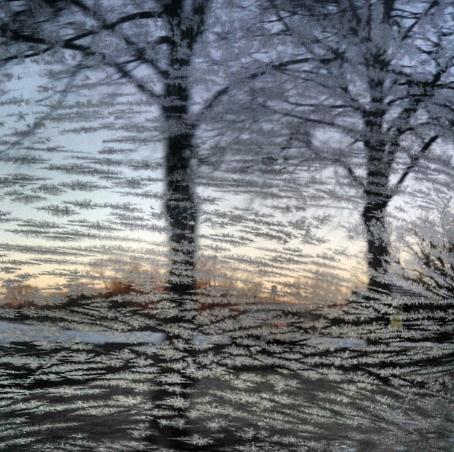
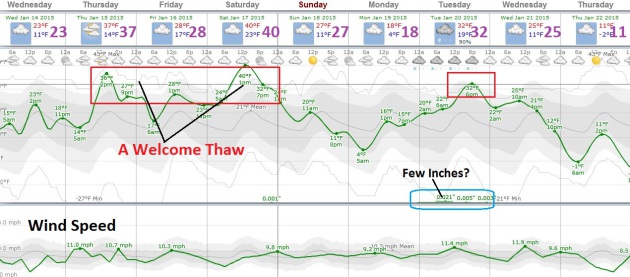
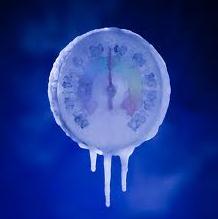


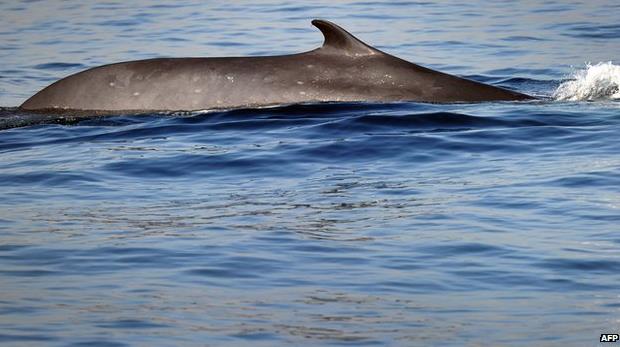
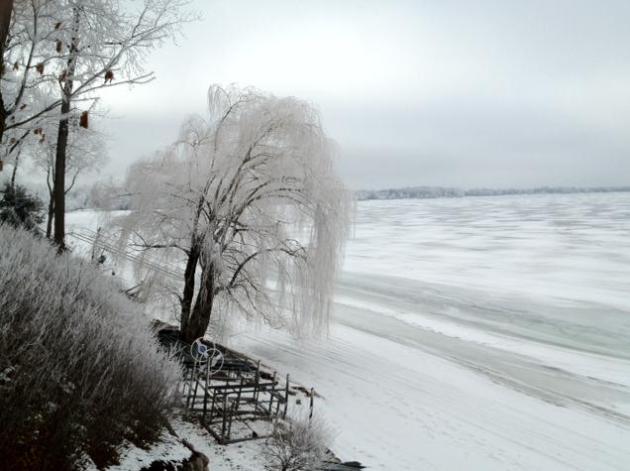
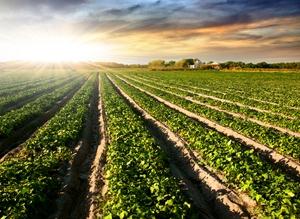
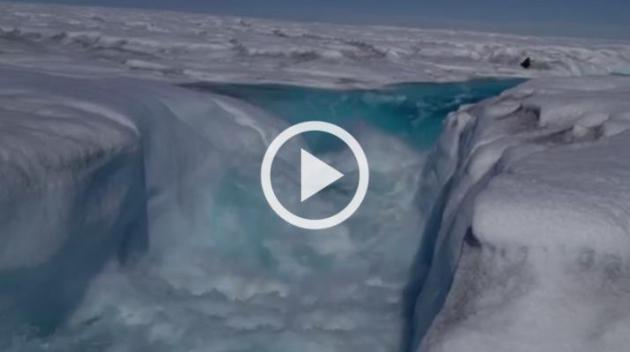

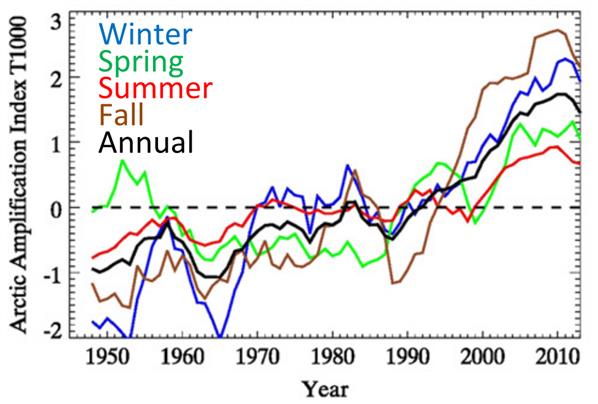


No comments:
Post a Comment